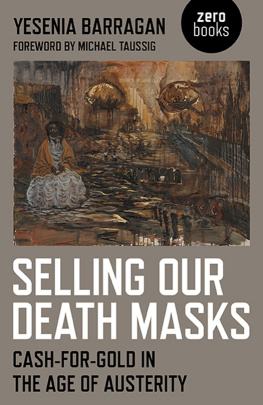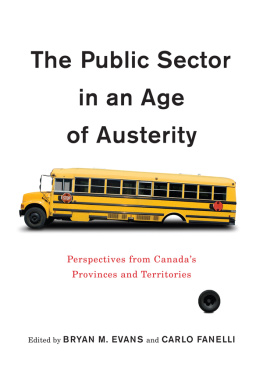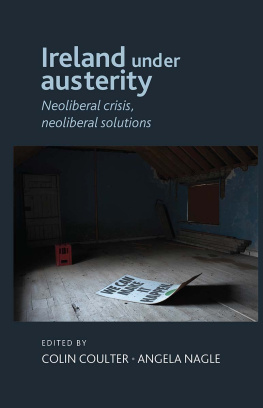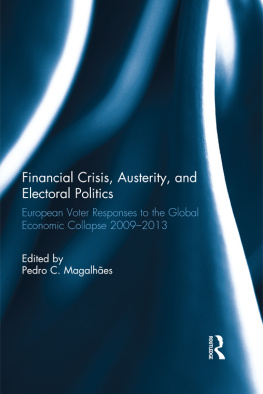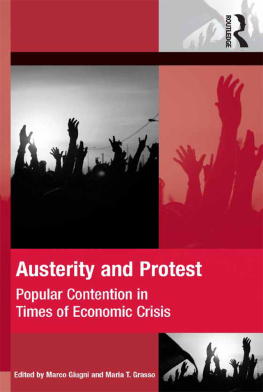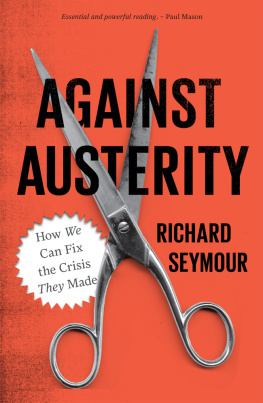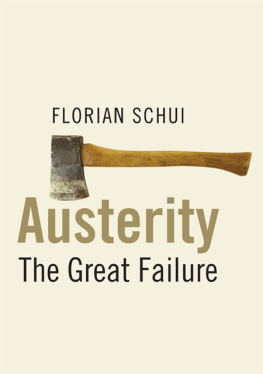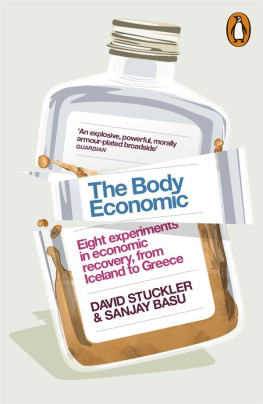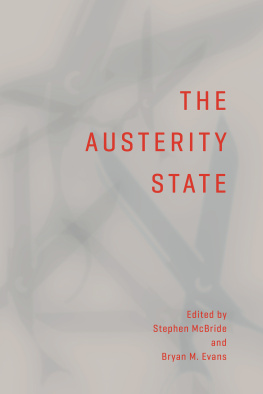Yesenia Barragan - Selling Our Death Masks: Cash-For-Gold in the Age of Austerity
Here you can read online Yesenia Barragan - Selling Our Death Masks: Cash-For-Gold in the Age of Austerity full text of the book (entire story) in english for free. Download pdf and epub, get meaning, cover and reviews about this ebook. year: 2014, publisher: Zero Books, genre: Detective and thriller. Description of the work, (preface) as well as reviews are available. Best literature library LitArk.com created for fans of good reading and offers a wide selection of genres:
Romance novel
Science fiction
Adventure
Detective
Science
History
Home and family
Prose
Art
Politics
Computer
Non-fiction
Religion
Business
Children
Humor
Choose a favorite category and find really read worthwhile books. Enjoy immersion in the world of imagination, feel the emotions of the characters or learn something new for yourself, make an fascinating discovery.
- Book:Selling Our Death Masks: Cash-For-Gold in the Age of Austerity
- Author:
- Publisher:Zero Books
- Genre:
- Year:2014
- Rating:4 / 5
- Favourites:Add to favourites
- Your mark:
- 80
- 1
- 2
- 3
- 4
- 5
Selling Our Death Masks: Cash-For-Gold in the Age of Austerity: summary, description and annotation
We offer to read an annotation, description, summary or preface (depends on what the author of the book "Selling Our Death Masks: Cash-For-Gold in the Age of Austerity" wrote himself). If you haven't found the necessary information about the book — write in the comments, we will try to find it.
Selling Our Death Masks: Cash-For-Gold in the Age of Austerity — read online for free the complete book (whole text) full work
Below is the text of the book, divided by pages. System saving the place of the last page read, allows you to conveniently read the book "Selling Our Death Masks: Cash-For-Gold in the Age of Austerity" online for free, without having to search again every time where you left off. Put a bookmark, and you can go to the page where you finished reading at any time.
Font size:
Interval:
Bookmark:


First published by Zero Books, 2014
Zero Books is an imprint of John Hunt Publishing Ltd., Laurel House, Station Approach,
Alresford, Hants, SO24 9JH, UK
www.johnhuntpublishing.com
www.zero-books.net
For distributor details and how to order please visit the Ordering section on our website.
Text copyright: Yesenia Barragan 2014
ISBN: 978 1 78279 270 3
All rights reserved. Except for brief quotations in critical articles or reviews, no part of this book may be reproduced in any manner without prior written permission from the publishers.
The rights of Yesenia Barragan as author have been asserted in accordance with the Copyright, Designs and Patents Act 1988.
A CIP catalogue record for this book is available from the British Library.
Design: Stuart Davies
Printed and bound by CPI Group (UK) Ltd, Croydon, CR0 4YY
We operate a distinctive and ethical publishing philosophy in all areas of our business, from our global network of authors to production and worldwide distribution.
For the ancestors I never met.
Acknowledgments
I heard the first rumblings of this tiny book sitting in the warm living room of Temma Kaplans apartment in New York City in the spring of 2012, during a conversation about the enthralling and uncertain landscape of protest and desolation left behind by the Occupy and global Squares moment. Sometime that evening, Temma casually mentioned the striking sight of mountains of cash-for-gold shops that exploded across Spain with the onslaught of the economic crisis in 2008. Pushed along the trail by my own fascination with gold, as both commodity and shiny object itself, I began the project there, hoping to make some sense of the golden mountains and the strange moment we find ourselves in. Cheers to Temma for her support, but most importantly for setting me off without even knowing it.
In writing and thinking about this book, I am especially indebted to el profe Michael Taussig (o sea Mateo Mina), who Ive had the immense privilege of studying with at Columbia University while writing a dissertation on slavery and abolition on the Pacific Coast of Colombia. In many ways, the indomitable spirit of his writing has inspired this book. My deepest love to Mick not only for the foreword, but for re-kindling the poet-historian in me, for pushing me to embrace self-doubt, and for teaching me how to care for the Angel of History.
This book wouldnt have been possible without the help of many, many people throughout Spain, Greece, and Colombia. In Madrid, heart of the cash-for-gold empire, I am grateful to the compro oro workers I spoke to at Puerta del Sol, who were kind enough to speak to this otherwise awkward academic and give me a small insight into their everyday worlds and lives. I also must thank Eliana, Tzissous, Malamas, and others at Alpha Kappa in Athens and Thessaloniki for their help with this project and for teaching me about the anti-fascist and anti-mining struggles in Greece today. In Colombia, I am indebted to my amiga del alma Rudy Amanda Hurtado Garcs from Timbiqu for her beloved friendship and support throughout the years. In Quibd, Adaluz Estrada and Alberto Sinisterra Muoz were dear friends who kindly introduced me to the city and Choc, and I am also grateful to Francia Elena Marquez from La Toma for teaching me so much about the AfroColombian struggle. And my deepest gratitude to Zero for publishing the piece.
I am also indebted to my gran familia, blood related or otherwise, that Ive accumulated over the years. My sisters Gina Rodrguez-Drix and Natalia Buier gave me crucial feedback on this piece, as did my dear friend Michael McLean, and I am grateful for their time and advice. My deepest love goes to the Rodrguez-Drix family (Gina, Julian and Xiomi), Chris Spannos and Harpreet Kaur Paul-Spannos, Alison Keenan, Paul Buhle, and Viviane Saleh-Hanna for their constant support throughout writing this book. I am especially grateful to my sister Dara Bayer for blessing this project with her amazing artwork, and for reawakening the spirits among our sister circle. Ash. Finally, to my beautiful sisters, Vanessa, Gigi, and Karina for their feedback and unrelenting love and support, for giving me strength and helping me become the woman I am today; to Karen, Joe, and Emily for their love and care over the years, for embracing me as a daughter and sister. And to Mark, the love of my life, without you this book, and everything else, would be unimaginable. (It was a moment like this, do you remember?)
Foreword: The Curse of Gold
Michael Taussig
January 30, 2014
It is not easy to deal with a curse as old as mankind, to keep it at arms length and, if possible, transform its ominous power into healing. Yet this is what Yesenia Barragan achievesto the extent possiblein her fast-paced brilliant, and exceedingly original history of gold and its roller coastering life under contemporary capitalism. In an enviably short book, this deft writer has created a living history of the present that maintains a cliff-hanging tension connecting through gold, the pawn shops of Greece and the foreclosed homes of Detroit with African slave women in the gold mines of the Choc in northwest Colombia. This is truly the practice of what Walter Benjamin meant by a constellation in which the past surfaces unexpectedly as an image in the current struggle not just for survival but for justice in todays terrifying world in which modern slavery vies with that of the past thanks to naked exposure to the so-called free market in which the majority of humankind has been reduced to thinghood, desechadles, as they say in Colombia, meaning throw aways or disposable.
There are profound lessons for us in this pithy work. The first is that yes! it is possible for a very young scholar still working on her doctoral thesis at Columbia University in New York to perceive and to create for us an eye-opening history of the worldand to do so while immersed, so to speak, in the humid archives of a town sunk in the Colombian jungle. The town is Quibd, capital of Choc province in northwest Colombia, subject to the highest rainfall in the world as well as the burden of what used to be accessible gold gravel in its many rivers. It was that gold that led to African slavery starting in the eighteenth century and whoever visits Quibd today cannot but feel this legacy in the stark decrepitude of its mildewed buildings, the silent vastness of the Atrato river with its massive dugout canoes, and the solitude of its gaunt cathedral on the river bank, rising as an unfinished monument to an unconquerable nature. What a contrast to the glittering gold that poured out of this sub-aqeuous world for close to three centuries, making Colombia the main gold producer of the Spanish empire. With the sky rocketing price of gold today, another form of violence saturates the region; guerrilla, mafias, and paramilitaries demanding their share.
The author is as much an ethnographic fieldworker of the pawn shops of present day Europe, especially Spain and Greece, as she is an assiduous historian culling state and church archives in Quibd, Popayn and Bogot. Two histories and two sets of stories collide. In Europe, gold reasserts itself amongst the poor and the ravaged middle classes today as a charmed substance saturated with personal feeling as well as with mystic valor. With shame and despair people hand over wedding rings and family heirlooms to the cash-for-gold stores that have sprung up like mushrooms. For many centuries gold has been squirreled away for just such a day that, however, nobody really thought would happen. Most of the time if people had any savings it went into the bank! Oh my! Didnt they always say the bank was the safe place. Forget that shoebox under the bed. The bank was where money was safe? Every one of us had their chance to be their own little capitalist. Oh my! Gold was for old-fashioned paranoid people who liked a gold tooth in their mouth or a flashy ring. Then what happened? The banks proved the mystic hollowness of what is called the economy, far more mystical than millennia of myth making concerning gold. The other history connecting with this, of course, is that of the slaves producing the gold that went into that tooth and into that flashy ring and into that wedding ring that now goes to the cash-for-gold stores springing up like mushrooms. Yet these stores too will soon disappear, as if obeying some frightful Law of Nature as all the rings and teeth are pawned and there is no pathetic sentimental gold replete with family history left. Moving back and forth the author spans centuries and continents bound by the charm of gold.
Font size:
Interval:
Bookmark:
Similar books «Selling Our Death Masks: Cash-For-Gold in the Age of Austerity»
Look at similar books to Selling Our Death Masks: Cash-For-Gold in the Age of Austerity. We have selected literature similar in name and meaning in the hope of providing readers with more options to find new, interesting, not yet read works.
Discussion, reviews of the book Selling Our Death Masks: Cash-For-Gold in the Age of Austerity and just readers' own opinions. Leave your comments, write what you think about the work, its meaning or the main characters. Specify what exactly you liked and what you didn't like, and why you think so.

